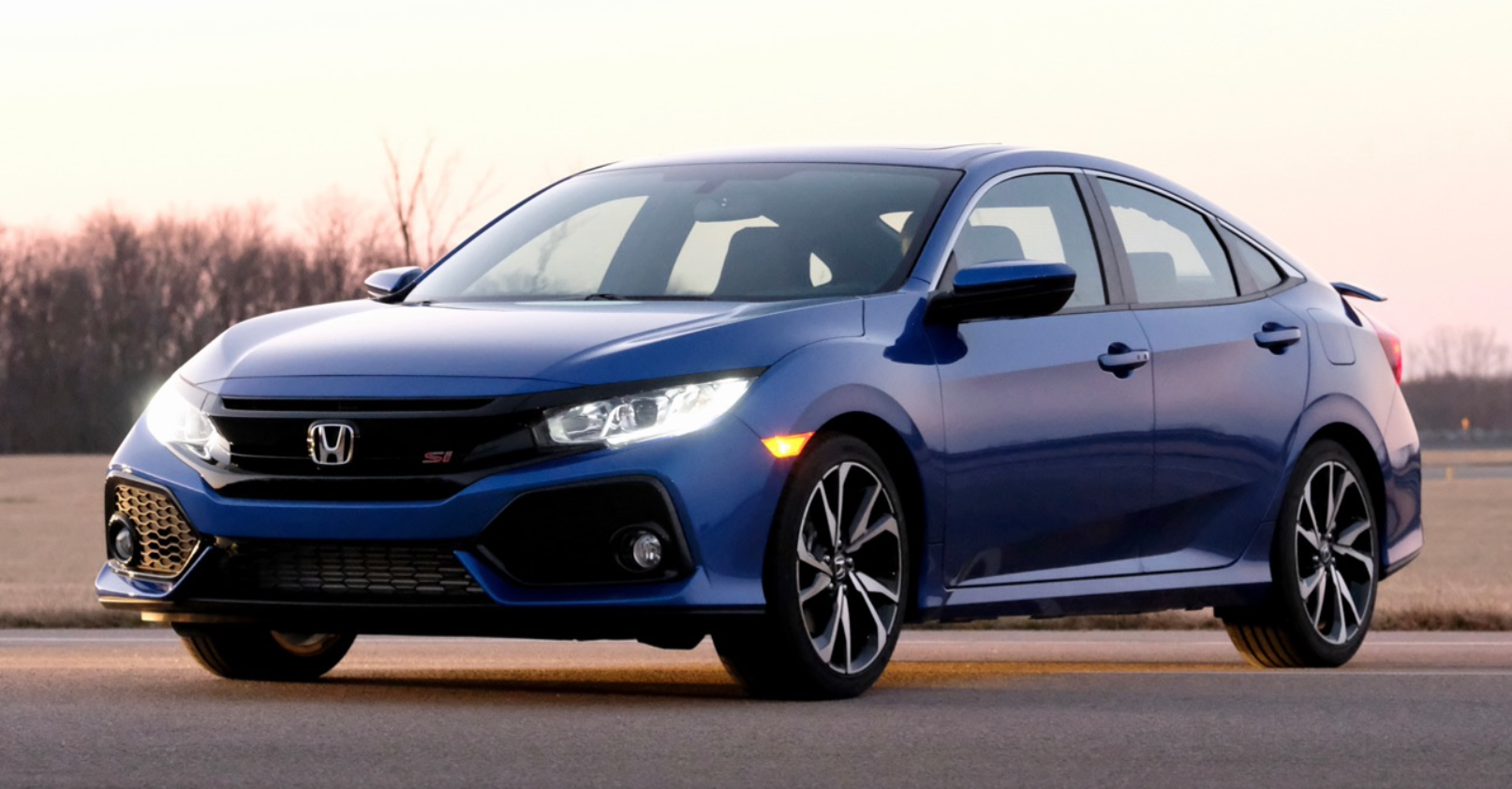There is an organization in Canada called RATESDOTCA that compares insurance rates across the country. They recently released their latest data for car insurance and reported that in Ontario, residents of Brampton, Mississauga, and Vaughan were the most expensive, with estimated premiums between $2,334 and $2,698 compared with an overall Ontario average of $1,616. According to their published data, Oakville’s estimated car insurance premium is one of the lowest at $1,380.

As reported by RATESDOTCA, “All estimated premiums are based on a 35-year-old driver of a 2017 Honda Civic DX 4DR with a clean driving record.” Realistically, how many of us in Oakville own and drive a 2017 Honda Civic, are 35 years old and have a spotless driving record?
Before we pat ourselves on the back for our apparent lower car insurance rates, we need to be aware of the many factors that impact how much we pay. To answer some of these questions, I spoke with Jeff Powell of Oakville’s M.Edward Powell Insurance Brokers Ltd.
Factors affecting car insurance
Does the age and make of a car determine the cost of insurance? According to Jeff, there can be as much as a 15%-25% difference. Oakville is known for having higher average incomes and with that, multiple car families as well as expensive cars.
Today’s cars also include many more sophisticated technologies that cost considerably more to repair/replace when damaged. Consider the cost of repairing or replacing cameras, sensors, displays and integrated headlight assemblies that are now common on our cars. Even the lowly windshield can now be a costly replacement requiring careful installation to ensure all sensors are properly adjusted.
Children and car insurance
Another frequent question is the decision whether to insure your son or daughter’s car on your policy or have them on their own policy.
What if they have an accident?
Whose insurance premium will it affect?
Assuming the son/daughter was a properly licensed driver, Jeff Powell clarified that an accident “follows the driver”, so the parent’s premium would not be affected. However, there is another important consideration – and that is your liability coverage. Having multiple drivers on your insurance policy increases your risk and personal financial exposure. Your insurance broker can help to advise you how to best insure your son/daughter.
Many of us often provide our son/daughter with our well used second car. We might think about transferring ownership to them. While there is no sales tax on a transfer of ownership to a family member, the vehicle will need to have a safety certificate – that may identify expensive required repairs before the vehicle ownership can be transferred.
Lending a car to a friend
There is one exception to the accident that “follows the driver” rule. If you lend your car to a friend who then has an at fault accident with it, your insurance policy would be charged with a claim impacting your future premium. (Generally, it is not a good idea to lend your car to someone to use as you carry the risk if something happens.)
Comprehensive coverage
My final question to Jeff Powell concerned the need for and benefits to comprehensive coverage on the insurance policy. There are two types of insurance that cover physical damage to the vehicle. One is collision coverage and the other, comprehensive coverage. The optional comprehensive covers the damage (less the deductible) to your vehicle as a result of fire, theft or vandalism. While we in Oakville have had very few car fires, some vehicle thefts and the occasional report of vandalism, you might wonder whether comprehensive coverage is worth the cost. This of course depends on the value of your vehicle as well as the likelihood of damage and repair/replacement cost in excess of the deductible. Quite a few of us drive expensive cars that can be costly to repair. A simple scratch as a result of a deliberate keying of the car can be expensive to repair. Once again, this is where a conversation with your insurance broker can help to assess the risks/benefits to make this decision.
